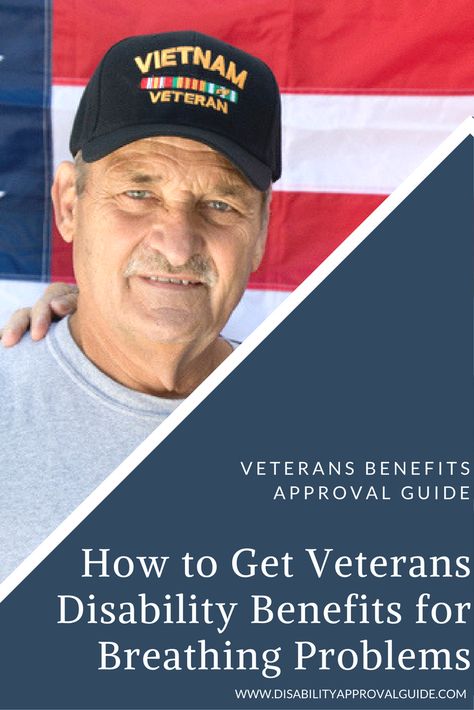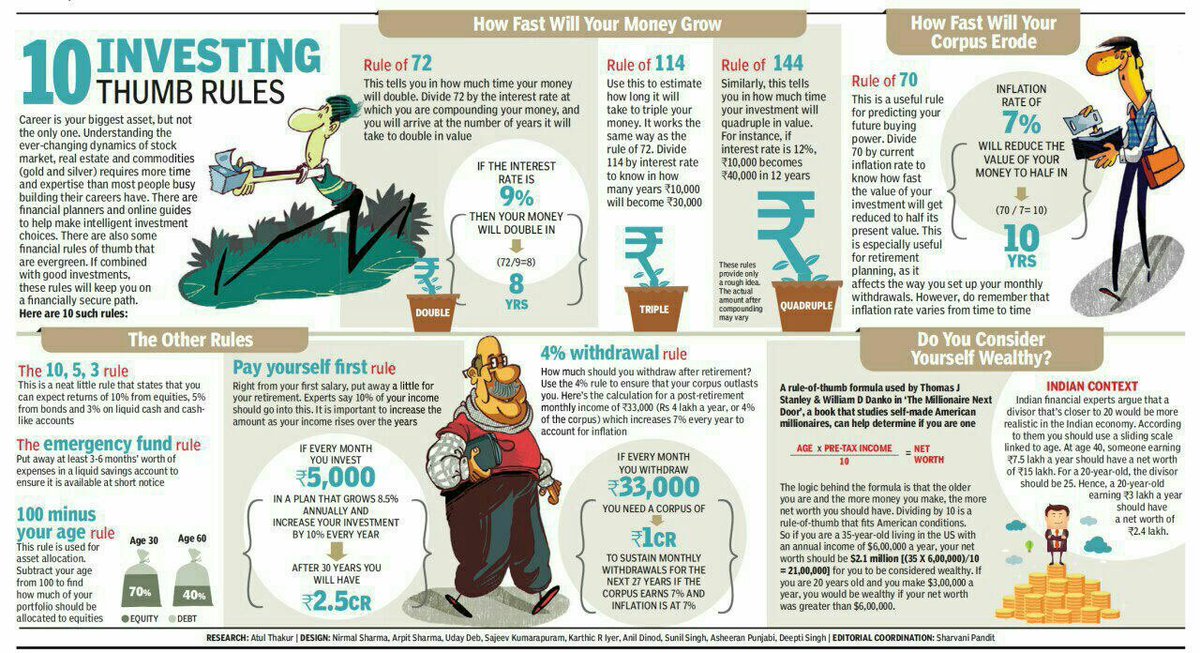That’s a bold headline, especially if you are a retired enlisted military member only bringing in a little over a thousand dollars a month in retirement pay. But it’s true. Military retirement is worth well over a million bucks. In some cases, it is worth millions of dollars.
Before we get too deep into this, I want to define what I am talking about. I’m talking about two factors – the long-term value regarding how much you will receive in a direct pension over the lifetime of your retirement benefits and the value of the retirement benefits, including healthcare coverage and other benefits. Combined, these benefits are easily worth over a million dollars, even if you don’t have the spending power of a million dollars right now.
Take an example of retirement pay for an average military career. Since military members are eligible for retirement benefits at 20 years, we will use a reasonable rank and service time for our examples.
It is reasonable to assume that the average enlisted member will be able to retire at 20 years, having achieved the rank of E-7, and the average officer should be able to retire at 20 years at the rank of O-5.
Of course, there will be outliers based on when you served, your career field, and other factors, but these ranks and service times should apply to the majority of careers (if anything, I am aiming at the conservative side because many people choose to serve longer than the 20-year mark, earning an extra 2.5%-3.5% on their retirement pay per additional service year, depending on whether they take the high 36 retirement plan or the Redux retirement plan).
Track your TSP and other investments with Personal Capital’s free financial dashboard
As we mentioned, we will look at a military retiree with 20 years of service at the ranks of E-7 for enlisted and O-5 for officers. The base pay for these ranks in 2009 is:
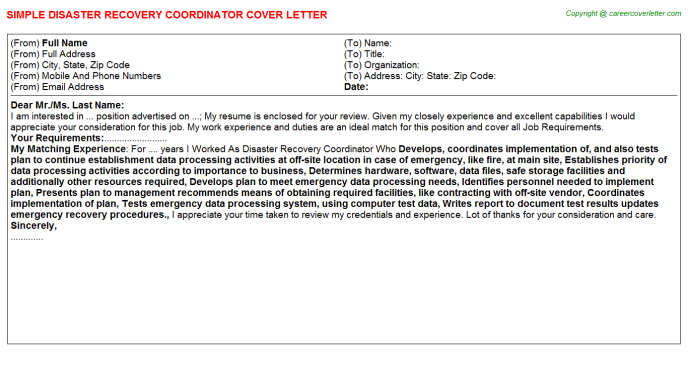 46
46Most retirees under the High-36 Plan will receive 50% of their base pay at 20 years, which would equal the following amounts:
Those under the BRS would receive 40% of their base pay at 20 years (2% per year of service), which would be the following amounts:
The next factor to consider is that military retirement pay will be there day in and day out.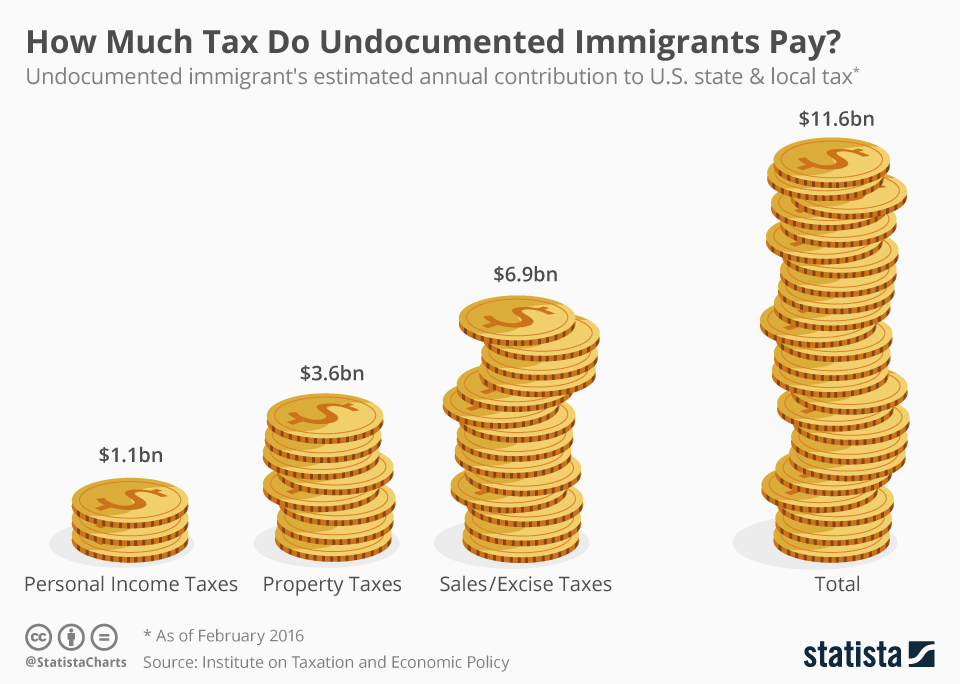 There are few places in the world that someone can receive a lifetime pension starting at or around age 40. Many military retirees will receive a monthly cash payment for over 40 years. When you add in the cost of living and inflation adjustments, we’re talking about some serious cash!
There are few places in the world that someone can receive a lifetime pension starting at or around age 40. Many military retirees will receive a monthly cash payment for over 40 years. When you add in the cost of living and inflation adjustments, we’re talking about some serious cash!
Using the numbers above from a recently retired E-7 or O-5, we get the following lifetime payments (note: these military retirement pay numbers are not adjusted for inflation and do not include any COLA increases; this is not a planning tool, but for illustration purposes only. Your specific retirement benefits will vary based on your situation):
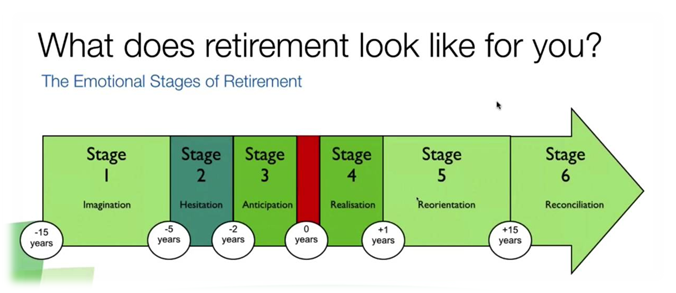 40
40Even without COLA or other inflation adjustments, we can see that we are reaching some serious numbers. Each additional year you serve before you retire can add another 2.5% to your monthly and annual pay, and each higher pay grade you achieve can add hundreds or even thousands of dollars per year. As previously mentioned, the numbers used in this article are meant to be a conservative estimate.
<a href=”https://personalcapital. sjv.io/c/2958094/1199045/13439?u=https%3A%2F%2Fwww.personalcapital.com%2F”>Visit PersonalCapital.com</a>
sjv.io/c/2958094/1199045/13439?u=https%3A%2F%2Fwww.personalcapital.com%2F”>Visit PersonalCapital.com</a>
OK, there is a minimal TriCare payment, but compared to what civilians pay, it is basically a non-issue. Benefits for retired military members are also guaranteed – they won’t drop you after you have required expensive procedures or for pre-existing conditions. Guaranteed medical coverage is a massive blessing in today’s American society. Here is a little more information about the kinds of insurance available to civilians: comparing individual and group health insurance. Hopefully, that will help you better understand the value of military retiree medical benefits!
Military-sponsored medical benefits are incredibly valuable, especially as you get older and when they cover your spouse. There are very few civilian plans that are similar to this. Most people spend several thousand dollars per year for basic medical coverage, which doesn’t include out-of-pocket expenses for doctor visits, medical procedures, prescription medication, or other associated costs.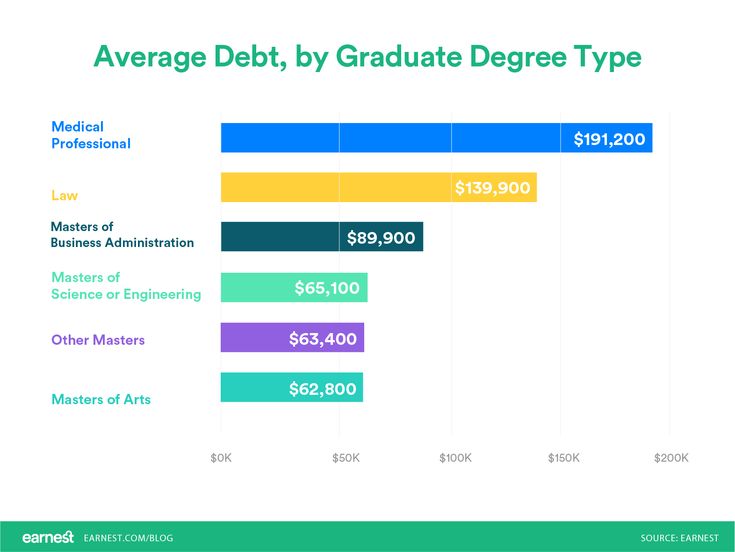
It would not be unreasonable to place a value of $15,000-$20,000 per year on military retiree medical benefits, even for a healthy individual. Add a spouse to the benefits, guaranteed coverage, and little to no out-of-pocket expenses for complex medical procedures. Other factors and the medical benefits alone can be worth hundreds of thousands of dollars or more throughout a lifetime (and sometimes into the millions of dollars for people who receive complex medical care over a long-term period).
I won’t even try to assign a value to these benefits because they don’t apply to all military retirees equally. Some people may practically live on base, visiting the base clubs, shopping at the exchanges, using the gyms, auto hobby shops, etc., and others may not live near a base. They may not be able to take advantage of any of these benefits. So this category falls in the “good deal if you can get it” benefit but is not a core part of the equation.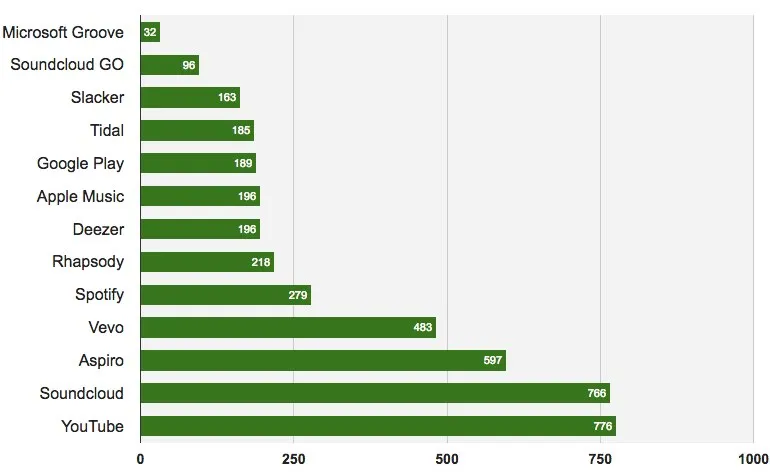 But it is worth mentioning because many retirees save a lot of money each year by shopping on base.
But it is worth mentioning because many retirees save a lot of money each year by shopping on base.
One challenge to the analysis is that the military pension includes a cost of living adjustment, so the amount of the income stream has to rise every year by the rate of inflation.
Another problem is that no one knows how long the pensioner will live, so it’s difficult to predict how long the pension will be paid out.
Finally, the calculated lump sum must be invested in a safe and stable asset to ensure it survives for decades. Unfortunately, the safe and stable assets have a very low yield, so it takes a larger lump sum to produce an income stream big enough to pay the pension.
The answer to these puzzles involves the mathematical process of “discounting”.
Accountants and actuaries devote their entire careers to studying asset yields, human longevity, and other risks. They calculate the statistical probability that a specific lump sum can pay a particular pension for the necessary number of years.
The good news for pension recipients is that the calculations are much more accurate when the analysis is simultaneously applied to hundreds of thousands of pensions as a group. Even better, the Department of Defense can rely on the number-crunching skills of another giant bureaucracy of inflation-adjusted payments: Social Security.
The mathematical details of discounting an inflation-adjusted annuity are well beyond the scope of this post. There’s not an easy formula to convert that $100/day pension to a precise lump sum. However, a few more straightforward estimates are reasonably close to the more complicated methods.
The easiest estimate assumes that a military pension keeps up with inflation. This eliminates the more complicated factors of correcting future dollars for inflation. If a military pension keeps up with inflation then the pension’s value in today’s dollars stays constant. The lump-sum value of the pension is the total amount to be received during the rest of the veteran’s life:
A 38-year-old veteran receiving $3000/month with a COLA might reasonably look forward to 35 more years of life. The estimate of the present value of their pension would be
The estimate of the present value of their pension would be
The life-expectancy estimate ignores other discounting factors in favor of simplicity and speed. Its main advantage is that veterans can quickly estimate a lump sum for their expected lifespan. Veterans in good health with long-lived ancestors may decide that they have 40 or even 50 years of retirement, raising the current value of their pension.
Another quick estimate is to assume that the pension is the income stream from a lump sum of Treasury Inflation-Protected Securities (TIPS). TIPS are an extremely safe and stable asset with built-in inflation protection. The market for buying and selling TIPS is huge and liquid, so their prices are reasonably accurate.
One flaw of this estimate is that, unlike a military pension, when the pensioner dies, there’s still a lump sum of TIPS generating a stream of income.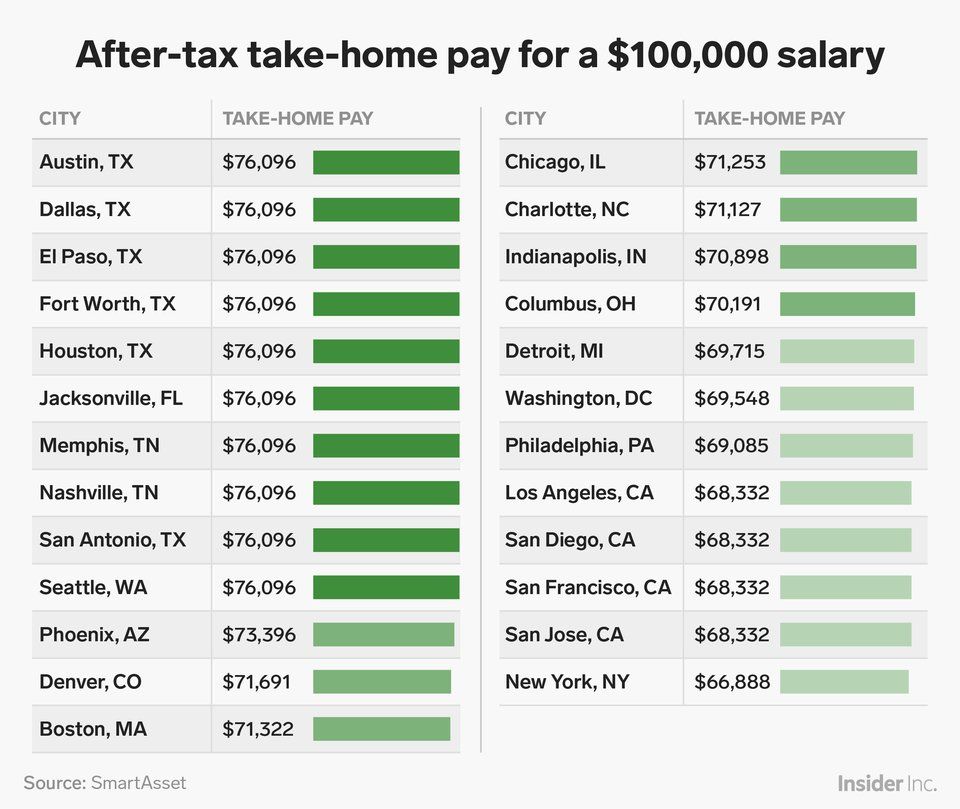 Another drawback is that a TIPS’ maturity (now a maximum of 30 years) is usually less than the pensioner’s remaining life expectancy.
Another drawback is that a TIPS’ maturity (now a maximum of 30 years) is usually less than the pensioner’s remaining life expectancy.
The advantage of this estimate is simplicity and speed:
A January 2009 Treasury auction sold 20-year TIPS at an inflation-adjusted annual percentage yield of 2.5%. So for that $3000/month pension,
Another estimate of the lump-sum value of an inflation-adjusted pension is a commercial annuity. The annuity market is generally regarded as liquid because insurance companies compete to offer the “best” price without losing money. However, they still charge more than the actual value of the annuity to make their profit.
Insurance companies could be unable to make annuity payments or even go bankrupt and should be considered a riskier source of annuity payments than TIPS or other government bonds.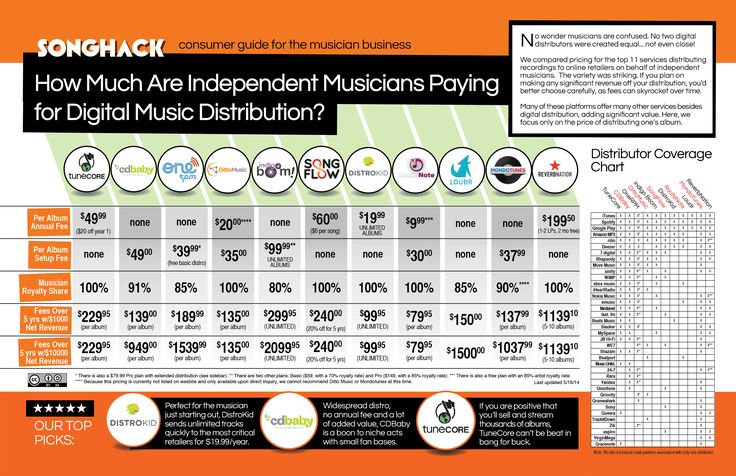
One of the “less risky” annuities comes from an agency sponsored by the federal government– the Thrift Savings Plan. TSP annuities are purchased from an insurance company. The federal government does not guarantee them, but the insurance company is presumably charging a smaller fee (to sell a large volume of annuities), and the annuity’s cost would be closer to its value.
TSP annuities are priced monthly and do not offer complete protection against inflation. The advantage of estimating a pension’s lump-sum value from a TSP annuity is its lower price and the TSP website’s calculator. Assuming that the $3000/month pension is paid to a 38-year-old veteran and limited to 3% annual inflation:
$1.4 million is the price that a veteran would pay in the market to buy a TIPS portfolio or an annuity that would yield their inflation-adjusted pension of $3000/month for the rest of their life. Other research analyzes the theoretical cost of annuities and discounted values– only the cost and not its market price. (This includes a research paper on military pensions– the citation is in the book.)
Other research analyzes the theoretical cost of annuities and discounted values– only the cost and not its market price. (This includes a research paper on military pensions– the citation is in the book.)
These estimates range from about $1 million to $1.2 million. They’re only theoretical estimates. These annuities can’t actually be purchased like the assets of the other estimates, but they’re a more conservative estimate of the probabilities of longevity and other risk factors.
Let’s get back to the veteran who’s just finished 10 years of service and is wondering if it’s worth staying in the military for another decade. After analyzing the pension’s present value, which sounds more compelling now: $100/day, or lifetime income of over $1 million?
Thousands of dollars coming in regularly quickly add up over the years. Add in increases for inflation, essentially free health care, and other benefits, and you can see how a military retirement can quickly be worth millions of dollars over a lifetime.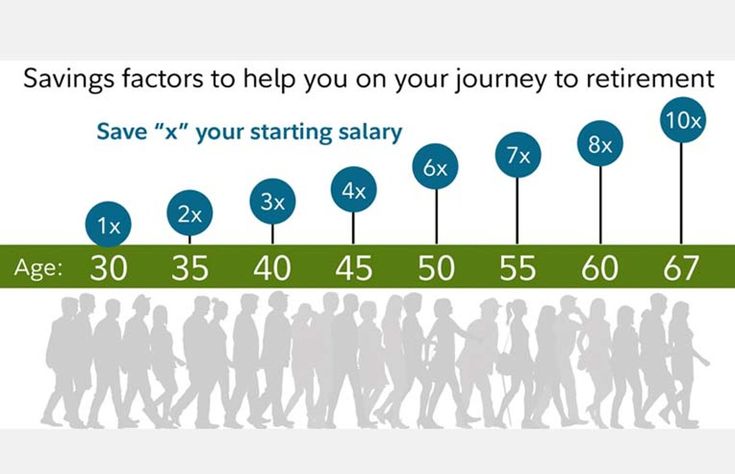
I didn’t stay in long enough to qualify for military retirement benefits – I separated from the USAF with an Honorable discharge after 6.5 years of service. Part of me looks at the military retirement system with a bit of longing. It is an excellent system for those who qualify, and I would love to be able to receive military retirement benefits for the rest of my life. However, separating from the military was the best move for me at the time, and I have no regrets regarding my separation or my military service. I am proud to have served, and the military is a large part of who I am today.
*disclaimer about this article: The calculations are for illustrative purposes only and do not reflect the exact retirement benefits you will receive. This is a simplified look at military retirement benefits and does not take many factors into consideration, including taxes, disability benefits, inflation, COLA, and other factors.
Ryan Guina is The Military Wallet’s founder.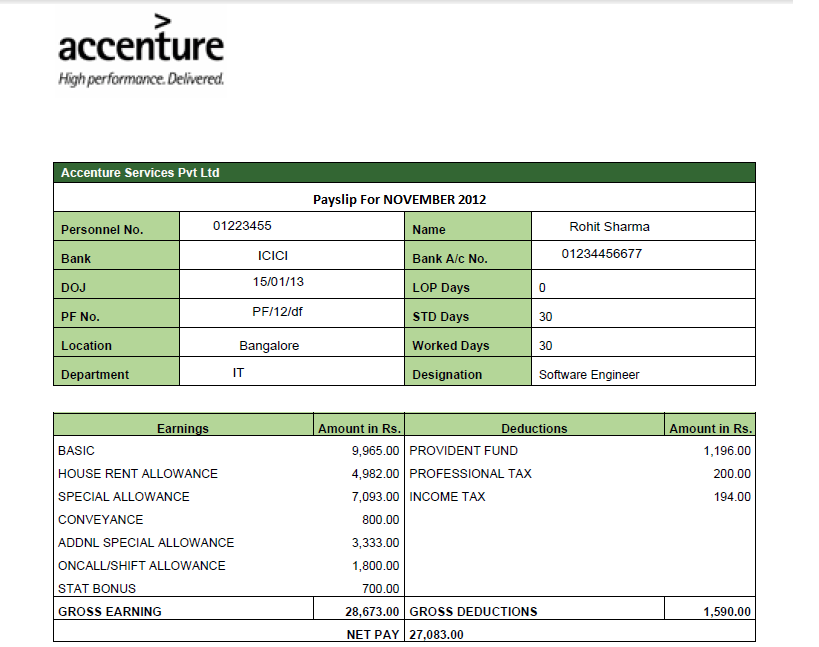 He is a writer, small business owner, and entrepreneur. He served over six years on active duty in the USAF and is a current member of the Illinois Air National Guard.
He is a writer, small business owner, and entrepreneur. He served over six years on active duty in the USAF and is a current member of the Illinois Air National Guard.
Ryan started The Military Wallet in 2007 after separating from active duty military service and has been writing about financial, small business, and military benefits topics since then.
Featured In: Ryan’s writing has been featured in the following publications: Forbes, Military.com, US News & World Report, Yahoo Finance, Reserve & National Guard Magazine (print and online editions), Military Influencer Magazine, Cash Money Life, The Military Guide, USAA, Go Banking Rates, and many other publications.
See author's posts
Military retirement pay is one of the top three benefits of military service along with medical and other benefits. Also, all military retirements are protected from inflation by annual Cost of Living Adjustments (COLAs), based on changes in the Consumer Price Index (CPI) as measured by the Department of Labor.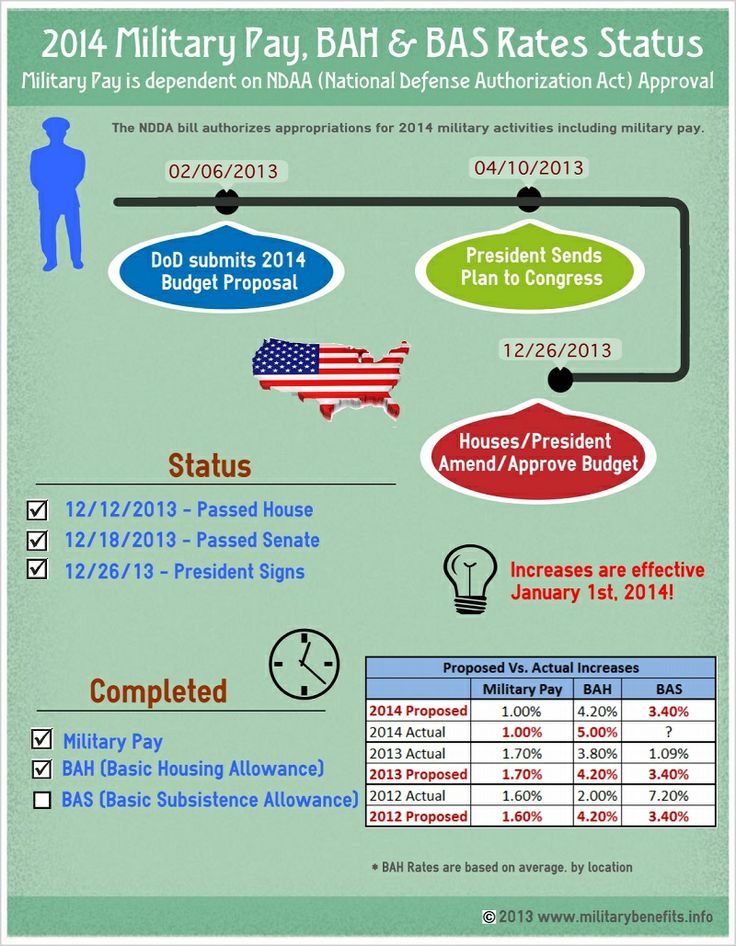
A military retirement plan could be considered one of the best retirement plans around. There are a few options depending on when you began your service. Know your options and how to calculate your military retirement pay to find out which option is best for you.
If you began your military service before Sep. 7, 1980, you’re eligible for the Final Pay Retirement system. Your retired pay is calculated by multiplying your final base pay by 2.5% for every year of service.
If your military service began between Sep. 8, 1980, and July 31, 1986, you are eligible for the High 36 Retirement System. High 36 is very similar to the Final Pay Retirement System except your retired pay is calculated using an average of the three highest paid years of service.
If your military service began between Aug. 1, 1986, and Dec. 31, 2017, you qualify for REDUX Retirement System or the High 36 System. This system is based on your highest 36 months base pay. After your 15 year service anniversary you will receive a Career Status Bonus (CSB) and your retirement pay is reduced. If you have 30 years or more of service, there is no pay reduction.
This system is based on your highest 36 months base pay. After your 15 year service anniversary you will receive a Career Status Bonus (CSB) and your retirement pay is reduced. If you have 30 years or more of service, there is no pay reduction.
If you began your military service after Jan. 1, 2018, you are eligible for the Blended Retirement System (BRS). With BRS, you will receive 40% of your base pay after 20 years and a bonus at 12 years, which is 2.5% of your annual base pay. The military will contribute 1% of your base pay to your Thrift Savings Plan (TSP).
If you are determined to be medically unfit for service with a DoD disability rating of at least 30%, you are eligible for disability pay. This is calculated using percentage of disability or years of credible service.
There are two ways of calculating your military retired pay base, the final pay method and the high 36 method. The final pay method sets the retired base pay equal to the final basic pay. The high 36 method is the average of your highest 36 months of basic pay. The date you began your military service will determine which method is used to calculate your retired pay base.
The high 36 method is the average of your highest 36 months of basic pay. The date you began your military service will determine which method is used to calculate your retired pay base.
For the Final Pay and High 36 retirement plans each year of service is 2.5% to your retirement multiplier. Depending on the type of service, active duty or reserve, your years of creditable service will be calculated differently.
If you qualify for the REDUX retirement plan, your multiplier is reduced for each year less than 30 years of service at retirement.
The disability retirement multiplier will be the highest of the assigned disability percentage at retirement not exceeding 75% or by the applicable retirement plan multiplier and years of service.
| Years of Service | 20 | 21 | 22 | 23 | 24 | 25 | 30 | 35 | 40 | 41 |
| Final Pay | 50% | 52. | 55% | 57.5% | 60% | 62.5% | 75% | 87.5% | 100% | 102.5% |
| High-36 | 50% | 52.5% | 55% | 57.5% | 60% | 62.5% | 75% | 87.5% | 100% | 102.5% |
| REDUX | 40% | 43.5% | 47% | 50.5% | 54% | 57.5% | 75% | 87.5% | 100% | 102.5% |
| BRS | 40% | 42% | 44% | 46% | 48% | 50% | 60% | 70% | 80% | 82% |
All military retirement plans include an annual Cost of Living Adjust (COLA).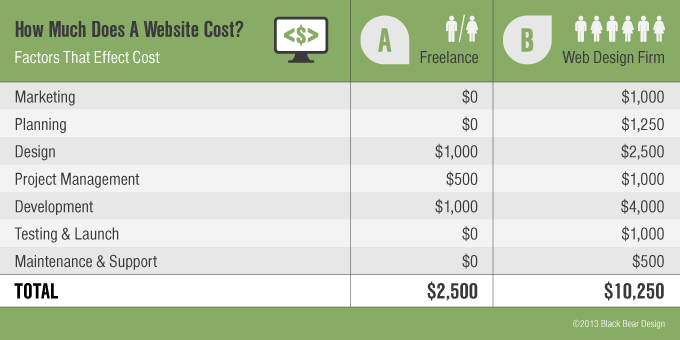 Each retirement plan adjustment is based on changes with the Consumer Price Index. For the Final Pay, High 36, Disability, and BRS retirement plans, the yearly cost of living adjustment is equal to the percentage increase of the CPI.
Each retirement plan adjustment is based on changes with the Consumer Price Index. For the Final Pay, High 36, Disability, and BRS retirement plans, the yearly cost of living adjustment is equal to the percentage increase of the CPI.
For the REDUX retirement plan the COLA is about one percentage point less than the other retirement plans. If you have the REDUX plan you’ll be given a on time adjustment at 62 years of age to make up the difference in COLA to equal what it would have been for High 36. The COLA will then revert to the previous percentage.
The Blended Retirement System Explained
Should you switch to the new Blended Retirement System? We have the details to help you decide.
Guard And Reserve Retirement
National Guard & Reserve members who complete a minimum 20 qualifying years of service become eligible for retired pay at age. ..
..
Thrift Savings Plan Overview
The Thrift Savings Plan (TSP) offers service members flexibility in investment planning.
Concurrent Retirement and Disability Pay (CRDP) Overview
Concurrent Receipt of Disability Pay lets you get military retirement pay and VA disability compensation at the same time.
Keeping Retiree Pay Records Up-to-Date
It's important that all retirees periodically review their military retirement pay to ensure all information is up-to-date.
Military Retirement Paychecks
Retirees residing in the United States can have their paychecks sent by EFT to a financial institution.
Retired Military Pay Days for 2023
Military retiree and annuitant payday is always on the first business day of the month.
Retired Pay Allotments
Retired servicemembers are permitted to continue some allotments that they had in effect while on active duty.
Dmitry Sergeev
labor veteran
Author profile
Artur Kubov
figured out the laws on veterans
Usually, with the words “veteran of labor”, people imagine that a gray-haired person the title back in the days of the USSR with hard work. In fact, this is not so.
In the USSR, such a title did not exist. Instead, there was a medal "Veteran of Labor" - it was given as an encouragement for many years of work. The presence of such a medal did not affect payments or benefits. nine0003
The very title "Veteran of Labor", benefits and additional payments for veterans appeared only in 1995. They stopped awarding a medal, instead they issue a certificate - and with it benefits and surcharges.
I will tell you what you need to get such a title, additional payments and benefits to it.
The title of labor veteran is rewarded for many years of work and labor merits. The state does not automatically assign it. A citizen must declare his right to receive such a title. Even if a person has earned state awards and seniority, the title will not be awarded without an application. You will have to apply and provide documents to the Ministry of Labor at the place of registration. nine0003
nine0003
Legislation. Types of benefits for labor veterans are determined by federal law No. 5 "On Veterans". The amount and conditions for obtaining these benefits are determined by the regions through regional laws and other regulations. For example, the monthly payment to labor veterans in Moscow is 1149 R, and in Leningrad it is 1028 R.
Art. 22 FZ "On Veterans"
Is there a validity period for the status. The status of a labor veteran is issued once, it is not necessary to confirm it in any way. The certificate is unlimited and is valid throughout Russia. nine0003
The procedure for depriving a person of such a title is not provided for in the law. This can only be done in court. For example, if the authorities decide that it was issued erroneously or on false documents.
Even in this case, the title cannot be canceled simply by the decision of some department. This can only be done on the basis of a court decision.
/prava-uchebnik/
Course: how to protect your rights at work
Variations of the title of labor veteran depend on local legislation or even employer regulations. nine0003
Federal status is assigned on the basis of Article 7 of the Federal Law on Veterans. In this case, the certificate will say that it is valid throughout the Russian Federation.
Labor Veteran's CertificateRegional. Additional veteran titles have been established in some constituent entities of the Russian Federation. Their names always indicate the name of the subject of the Russian Federation: for example, "Veteran of Labor of the Republic of Mari El", "Veteran of Labor of the Rostov Region". In this case, the certificate will indicate that it is valid on the territory of only one subject of the federation. nine0003
Benefits and payments also apply to those who have been awarded this title. They are established by regional authorities and operate only on the territory of a certain region.
They are established by regional authorities and operate only on the territory of a certain region.
The grounds for conferring such titles may differ from those prescribed in federal laws. As a rule, such a title is awarded to persons who have awards from the subject of the federation or with work experience in the territory of this subject.
For example, in the Murmansk region there is a law that establishes the title of "Veteran of Labor of the Murmansk region". Get only those who have a certain work experience in the region - at least 40 years for men and 35 years for women. Anyone who worked, for example, in Moscow, will not be able to receive such a title. nine0003
Labor veteran of the enterprise and organization. It happens that an enterprise or organization establishes its own title of labor veteran. This is legal: any organization has the right to encourage employees in the way it sees fit. No one forbids establishing your own title of veteran and establishing your own benefits for such veterans. For example, giving gifts for the New Year at the expense of the enterprise or offering free visits to the factory house of culture on weekends.
For example, giving gifts for the New Year at the expense of the enterprise or offering free visits to the factory house of culture on weekends.
An enterprise can assign such titles to anyone of its choice, but the title of an enterprise veteran does not give the right to automatic recognition as a federal or regional labor veteran. This does not prevent a person from applying to the social security authorities to receive a federal or regional veteran title. The main thing is that there are grounds for this. nine0003
At the same time, a person can have three titles of a veteran at once - federal, regional and enterprise veteran - or any one of them. But you need to understand that the titles "Veteran of Labor", "Veteran of Labor of the Ensk Region" and "Veteran of Labor of the Enterprise" are different titles. The presence of one of them does not automatically give the right to receive all the others. And the amount of benefits and payments on them may be different. Or these benefits and payments may not exist at all.
Under federal law, all veterans are entitled to:
st. 13 of the Federal Law "On Veterans": social support for veterans
In what form and amount to provide these benefits, each region decides in its own way.
Tax benefits. Veteran status does not provide federal tax benefits. Tax benefits are given to pensioners, and all labor veterans are just pensioners, so read what benefits they are entitled to.
For example, let's take a labor veteran from Omsk. She received this title because she worked from the age of 12, in 1943-1945, and her experience is 40 years.
She is a pensioner, therefore she has the right not to pay property tax, income tax and can receive a land tax deduction. nine0003
Tax benefits
Additional leave. Labor veterans are not entitled to additional leave, but working pensioners are entitled to an additional 14 days of leave per year. The employer does not pay these days. Since all labor veterans are pensioners, such a rule will apply to them.
Art. 128 Labor Code of the Russian Federation
Compensation for housing and communal services. Veterans of labor are entitled to compensation for utility costs. They are compensated for the following expenses:
These benefits are issued at the MFC. The amount on the receipt will not decrease, but the labor veteran will receive an increase in his pension - this is called the "cash equivalent of the discount".
The amount on the receipt will not decrease, but the labor veteran will receive an increase in his pension - this is called the "cash equivalent of the discount".
Utility bills
For example, in the Omsk region, labor veterans are provided with a monthly cash payment of 250 R. They also give a 50% discount on paying or renting housing, cold and hot water, sewerage, electricity, gas and heating. If meters are installed, the benefit is calculated based on actual consumption. If there are no meters, they count according to the consumption standard.
Social support measures in the Omsk region
If a person does not live alone, then 50% is taken not from the full amount in the receipt, but from the share that falls on the veteran. There are also maximum values for the cost of utilities, from which it is allowed to make a discount. The calculation is complicated, but let's explain it using the example of our veteran from the Omsk region. nine0003
Our labor veteran lives in an apartment with a total area of 60 m 2 , two more family members live with her, there are no metering devices.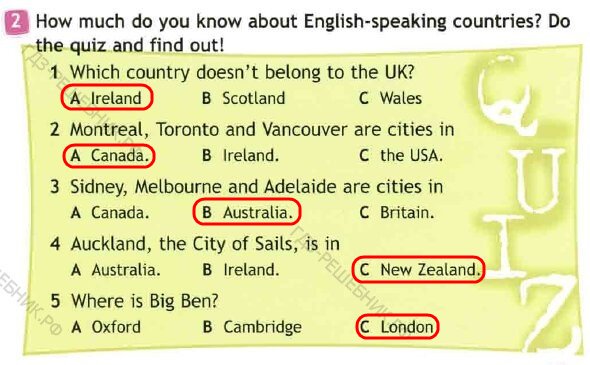 The region compensates the veteran's expenses. The calculation of the monetary equivalent of the discount is based on the area. Let's calculate how much a labor veteran receives for heating.
The region compensates the veteran's expenses. The calculation of the monetary equivalent of the discount is based on the area. Let's calculate how much a labor veteran receives for heating.
First, calculate how many squares there are per veteran. To do this, the total area is divided by the number of residents: 60/3 = 20 m 2 . This is higher than the maximum value: if a veteran lives in a family of three or more people, the maximum area from which a discount is given is 18 m 2 . Therefore, in our case, only 18 m 2 are taken into account further.
Since there are no counters, then they calculate according to the standard. The consumption standard for 1 m 2 is 0.02 Gcal per month. This means that the veteran consumes 18 × 0.02 = 0.36 Gcal per month. 1 Gcal costs 1992.18 R. Veteran's share = 1992.18 × 0.36 = 717 R per month. From this amount they make a 50% discount: 717/2 = 358.5 R - this will be an increase in the pension for heating.
If the veteran lived alone, the area limit would be higher - 33 m 2 . In fact, for an apartment in 60 m 2 , the discount would not be 50%, but about 25%.
Labor veterans in the Omsk region are also given a discount on garbage collection. Here, the standard is set not per area, but per person - 124 R, so the calculation is simpler: 124/2 = 62 R.
In total, our labor veteran is compensated for a communal apartment 1000-2000 R per month.
Compensation for dental prosthetics. Labor veterans receive free dental prosthetics. You can use this benefit at any medical organization in your region that has entered into a contract with the local Ministry of Health. Usually these are clinics. Their lists are published on the websites of the regional ministries of health. nine0003
Art. 13 Federal Law "On Veterans"
Regional legislation establishes how often a labor veteran can use preferential prosthetics: once every several years. Preferential prosthetics are not done immediately - first, the veteran is put in line.
Preferential prosthetics are not done immediately - first, the veteran is put in line.
To join the queue for preferential prostheses, you need to go to a suitable clinic and write an application. The veteran will be asked for a passport and a certificate of labor veteran. Depending on the region, additional documents may be required. This can be clarified in the department of social protection. nine0003
For example, a veteran from Omsk must first find out which polyclinics provide preferential prosthetics. Relatives can download a list of such institutions on the portal of the Ministry of Health of the Omsk Region. You can choose the nearest clinic or the one that they consider the best. In the Omsk Region, no additional documents are required for enrollment, and prosthetics are allowed free of charge once every 5 years.
Regions determine the amount of benefits established by federal law and add their own support measures to them. For example, benefits for veterans of labor in Moscow and Omsk are different: EDV in Moscow by 900 R more than in Omsk; in Moscow, veterans have the right to unlimited free travel on commuter trains, and in Omsk - no more than 30 trips per month. But it can be trips by bus or water transport within the Omsk region.
But it can be trips by bus or water transport within the Omsk region.
Art. 22 FZ "On Veterans"
A list of benefits for a particular region can be found on the website of the government of that region. For registration, they apply to the multifunctional center of state and municipal services.
Social financial assistance. nine0056 The main element of cash assistance is a monthly cash payment. For example, in Moscow they receive a monthly cash payment of 1149 R, in Primorsky Krai - 1079 R, and our labor veteran from Omsk receives 250 R a month. rental housing, utility bills and major repairs. In different regions, there are payments for fuel, repairs, gasification and telephone, and cash compensation for travel. nine0003 Documents for registration in each region may differ, the exact list can be found on the government website or at the MFC. In general, you will need: Free public transport. Some regions provide labor veterans with free travel. For example, in the Leningrad Region there is no free travel for labor veterans, just like in the Voronezh Region. nine0003 Measures of social support for labor veterans in the Voronezh region Our veteran from the Omsk region receives 30 free rides on his transport card every month. If he does not have time to spend everything, trips accumulate. To renew the transport card, the veteran applies to the MFC once every 3 years. Medical benefits. Medical benefits are expressed in preferential receipt of prostheses, orthopedic products, free spa treatment and free life-saving medicines. nine0003 Availability, amounts and conditions for obtaining medical benefits also vary by region. For example, labor veterans in Moscow receive free vouchers to sanatoriums, while veterans in Omsk have no medical benefits, except for compensation for dental prosthetics. Indexation of benefits and payments. Indexation of payments to labor veterans depends on the region. In the Omsk region in recent years, the payment has not been indexed: since 2017, our veteran of labor receives 250 R per month. nine0003 Benefits in Moscow. Labor veterans in Moscow receive monthly RUR 1149. In addition to benefits, Moscow labor veterans are entitled to: trains or monthly cash compensation - 217 R. Social support measures in Moscow as of January 1, 2022 Benefits in St. Measures of social support for labor veterans in St. Petersburg In other regions. Each region has its own legislation on benefits for labor veterans. These laws are often difficult to navigate. An easy way to find out about them is to ask social workers when applying for a rank or when receiving a certificate. They will talk about regional benefits and provide links to specific laws. They are required to provide such explanations. If they refuse to explain verbally, you can send a written request to them. Officials will have 30 days to respond, and they will definitely not be able to refuse. nine0003 Leningrad region EDV 1028 1028 R Free travel No, but they sell social travel for 465 r Compensation Discount 50% Omsk region 9000 9000 2 250 Р Free travel Yes, 30 trips per month 9Ol000 all the perks are needed. Payments to citizens who have refused benefits in Moscow The exact list of benefits that can be monetized and the amount of compensation for a particular benefit can be found in the regional department of social protection or in the MFC. The application is submitted to the MFC. To do this, you need to present a certificate of a labor veteran and a passport. Experience for obtaining a title. The title of veteran of labor can be claimed by people who have a work or service record determined by law. Art. 7 Federal Law "On Veterans" Seniority required for granting a pension. For example, for law enforcement officers it is 20 years. If they served in the Far North or in areas equivalent to it, then less than Seniority required for a pension and 15 years of service in the relevant agency award Condition Required experience The person has state awards: orders or medals of the USSR or the Russian Federation; honorary titles of the USSR or the Russian Federation; certificates of honor or thanks from the President of the Russian Federation At least 25 years for men and 20 years for women Length of service required for a pension. The person has departmental awards At least 25 years for men and 20 years for women, 15 of which in the relevant industry award Years of service required for granting a pension and 15 years of service in the relevant department award Person no awards does not have, but started working as a minor during the Great Patriotic War At least 40 years for men and 35 years for women The length of service will have to be confirmed by a work book, certificate or archival extracts. nine0003 Award badges. State awards are the highest form of encouragement for Russian citizens by the state. The types of state awards and the procedure for awarding are established by presidential decree No. 1099. Holders of the highest ranks, orders, insignia, medals and honorary titles of the Russian Federation receive the title of labor veteran without restrictions on length of service in one industry. The presence of departmental badges for labor merits. In addition to state awards, there are also departmental ones. For example, a badge of an honored teacher or a miner. Their main difference from state ones is that such awards are established not by the state as a whole, but by its individual departments. For example, the Ministry of Education or the Ministry of the Interior. nine0003 Clarifications of the Ministry of Labor on the conditions for conferring the title "Veteran of Labor" in the presence of a departmental insignia Holders of such awards can apply for the title of labor veteran, provided that they have at least 15 years of work or service in the relevant field of activity. I will explain how it works using my own example. My service in the Ministry of Internal Affairs at the time of retirement was 17 years. I served in an area equivalent to the Far North, and this experience was enough for me to receive a pension. I didn’t have state awards, but there were departmental awards that the Ministry of Internal Affairs awarded me. Honorary and commemorative medals, badges, signs, certificates and other similar awards issued by commercial and non-profit organizations or independent trade unions do not belong to departmental insignia. Labor activity as a child during the Great Patriotic War. Those who started their labor activity as a child during the Great Patriotic War are not required to have awards. To be awarded the title of labor veteran, they had to work for at least 40 years for men and 35 years for women. nine0003 The fact that a person worked as a child during the war years can be confirmed by documents and certificates, and if they are not available, references, certificates, recommendations or trade union tickets will do. During the war years, such documents were often not drawn up at all or were lost over the years. If there are no documents at all, the testimony of two witnesses who can confirm the fact of such work will do. The law does not provide for another possibility to confirm the length of service. List of documents. To obtain a title, the following documents are usually required: All these documents must be presented in the original, as well as provide their copies. The original documents, with the exception of the application, will be checked against copies and returned to the applicant. Copies will remain in the department authorized to issue the title. Additional documents if the status is issued through a representative. It happens that a person cannot independently apply for a veteran's title and personally apply. For example, he cannot do this for health reasons, is in the hospital or away. nine0003 In this case, one more additional document is required - a power of attorney. It can be in simple handwritten form. We talked about how to compose it correctly in a separate article. The main condition is that the principal must be legally capable. If a person recognized as incapacitated claims to be a labor veteran, his legal representative can issue a power of attorney on his behalf. An application for the title of labor veteran can be downloaded from the public services website If the legal representative decides to submit documents for obtaining a veteran's title himself, he will need to confirm his authority. To do this, he must provide a court decision declaring the pensioner incompetent and a copy of his passport. Where to apply. The rank is awarded by the social protection authorities. In different regions, the name of these bodies may differ slightly. This may be a department, department of social security, the ministry of labor or social policy. nine0003 For example, in the Leningrad Region this is done by the Committee for Social Protection of the Population of the Leningrad Region, in the Chelyabinsk Region by the Ministry of Social Relations of the Chelyabinsk Region, in the Omsk Region by the Ministry of Labor and Social Development, and in Moscow by the Department of Labor and Social Protection of the Population of the City of Moscow. Who exactly assigns the title of veteran and issues a certificate is easiest to find out on the public services website. To do this, just log into your account and enter the phrase "veteran of labor" in the search bar. The site at the address of residence will determine the region and direct you to the page with the data of the state body authorized to assign such titles. nine0003 Documents for obtaining a title can be submitted in person, through the MFC or sent by mail. I received this title at the end of 2019 in the Republic of Tuva. Through public services, I learned that the Ministry of Labor and Social Policy of the Republic of Tuva is dealing with veterans of labor here, and I applied there personally. Procedure: I applied in less than 15 minutes. I had the award documents in my hands, a work book and a photograph too. I made copies of the documents myself - I scanned and printed them. I found out the address and reception hours of the Ministry of Labor and Social Policy of the Republic of Tyva on the public services website. I expected to find a line of people wishing to receive such a title, but there was no one. The employee checked all the documents with the originals, took the copies, and gave me a receipt and said that I could pick up the finished certificate in a month. I returned a month later, signed for the certificate and received it in my hands. nine0003 Deadline. The timing of the decision to award the title of labor veteran or to refuse depends on the subject of the Russian Federation. In any case, no decision can be made in any of the regions later than 30 days later. Cost. The law does not provide for a fee for granting the title of labor veteran. Documents must be accepted free of charge, and there is no need to pay for the issuance and issuance of a certificate. nine0003 For pensioners of the Ministry of Internal Affairs. Employees of the Ministry of Internal Affairs, the Russian Guard, the Ministry of Defense and other law enforcement agencies are allowed to retire before the age established by law. For this, they consider the length of service that gives the right to retire. I will explain how it works using my own example. Art. 13 of the Federal Law on retirement pensions Retirement based on years of service gives the right to receive the title of labor veteran. In this case, it is not necessary to have a length of service that is taken into account for the appointment of a pension: at least 25 years for men and 20 years for women - you can immediately apply for the title of labor veteran. The main thing is that there are awards. I did just that - and became a labor veteran at 45. For teachers. There are no separate rules for obtaining the title of labor veteran for employees in the field of education. This order entered into force on February 9, 2016, changes were made to it in 2018. If the teacher received an award earlier, but now it is not on the list, you can still get the title of labor veteran. Irina Valerievna in 2015 received a departmental award - the title of "Honorary Worker in the Sphere of Youth Policy of the Russian Federation". Since 2016, this title has ceased to exist. It doesn't play a role. At the time of assignment, everything was legal, and upon retirement, Irina Valeryevna will refer to her title - this will be the basis for awarding the title of labor veteran. nine0003 Receiving no awards for seniority. Obtaining the federal title of labor veteran for those who have no awards and only experience is possible only for citizens who worked during the war as children. In other cases, no matter how long the length of service, it is impossible to receive the federal title of labor veteran without awards. If all documents are in order, there are no grounds for refusal. But there are problematic cases. Lack of documents confirming the activity. nine0056 If the length of service cannot be documented, the social security authorities have no obligation to seek confirmation. This must be done by the applicant. No records or witnesses about medals. If there is no confirmation that a person has received awards, they may also be denied. This happens: the medals themselves are preserved, but the award certificates are lost. It will not be possible to provide medals or their photographs: it is not they themselves that are required, but documents confirming their receipt. In case of loss of documents on awards, social protection authorities are not obliged to search for them or make requests. nine0003 In any case, the collection of all documents confirming the right to receive the title of labor veteran is the responsibility of the applicant. What to do if refused. Look at the reason for the rejection. If there are not enough documents, try to find them or send requests to the archives. Perhaps archival extracts will help confirm the length of service or the facts of the award. In this case, it may be possible to do without lengthy litigation. If the documents cannot be found, you can try to find witnesses. nine0003 If none of these options work and you think the refusal is unreasonable, you can appeal it. They do it in two ways: Court practice on cases. A common problem is to prove that a person worked during the war. Sometimes it has to be decided in court. Here is a real example. A man was a child during the war and worked on a collective farm. Documents about this have not been preserved, but there were witnesses who were able to confirm this fact. The Pension Fund refused to count this time as seniority. They explained that, according to the laws of that time, only citizens over 16 years old could be members of the collective farm - and a citizen turned 16 years old only after the war, at 1946 years. The man went to court. The first instance agreed with the pension fund, but the man appealed the court decision. The court of cassation considered the case. Indeed, a person started working on a collective farm before the age of 16. This was a violation of the law, but the pension fund does not dispute the fact of work, but witnesses confirm. The fact that the rights were violated and allowed to work earlier than expected is not the fault of the man. The decision of the court of first instance was canceled and it was recognized that the man worked as a child during the war. nine0003 Often people claim to be awarded the title of veteran, having honorary commemorative medals, badges or badges, and are refused. In 1984, a woman was awarded the badge "Shock worker of communist labor" for success in production. In 2011, she applied for the title of "Veteran of Labour" to her. The Ministry of Social Development of the Orenburg Region refused her - they decided that this sign was not established by a state authority, which means that there were no grounds for conferring the title. The woman went to court. The court of first instance denied her claim, but the second instance found the refusal illegal. The case reached the Supreme Court of Russia. The Supreme Court turned to the laws in force in 1984. It turned out that the sign "Drummer of Communist Labor" was established by the trade union, and the trade union is not a state authority. If so, the award is not departmental, so there are no grounds for conferring the title of labor veteran on a woman. Losing a certificate does not mean losing the very title of labor veteran. A certificate is simply a document confirming the existence of benefits. With his loss, the veteran's benefits do not stop, but a labor veteran who does not have a certificate cannot confirm the right to these benefits. If the certificate is lost, a duplicate is issued. It must be issued by the same state body that issued the lost certificate. To get a duplicate, you need to submit an application. You will need to attach a photograph to the application - it will be pasted on a duplicate. There is no fee for issuing a duplicate. The term of its issuance, as a rule, cannot exceed 30 days. (Law of the Sverdlovsk Region dated December 23, 2010 No. 104-OZ “On Labor Veterans of the Sverdlovsk Region”) Conditions for the appointment : 9000 9000 9000 9 on the territory of the Sverdlovsk region; If a person is simultaneously entitled to a monthly cash payment under this Law and another law of the Sverdlovsk Region or a federal law or other regulatory legal act, regardless of the basis on which it is established, he is provided with one monthly cash payment either under this Law or under other law of the Sverdlovsk region or a federal law or other regulatory legal act at the choice of a person. If a person is simultaneously entitled to a monthly cash payment under this Law and under the law of the Russian Federation "On the social protection of citizens exposed to radiation as a result of the Chernobyl disaster" or the Federal Law "On social guarantees to citizens exposed to radiation due to nuclear tests at the Semipalatinsk test site", he is provided with a monthly cash payment under this Law, regardless of the provision of monthly cash payments under the Law of the Russian Federation "On the social protection of citizens exposed to radiation as a result of the Chernobyl disaster" or the Federal Law "On social guarantees to citizens exposed to radiation due to nuclear tests at the Semipalatinsk test site" and according to another federal law . If a person is simultaneously entitled to a monthly cash payment under this Law and to social support measures established by the Laws of the Sverdlovsk Region "On the insignia of the Sverdlovsk Region "For services to the Sverdlovsk Region", "On the honorary title of the Sverdlovsk Region "Honorary Citizen of the Sverdlovsk Region" , "On the social protection of citizens living in the territory of the Sverdlovsk region, who have received an injury or disease that did not result in disability, while performing military service or service in the internal affairs bodies of the Russian Federation during a state of emergency or armed conflict", "On social support for veterans in Sverdlovsk Region", "On Social Support for Large Families in the Sverdlovsk Region" and "On Social Support for Rehabilitated Persons and Persons Recognized as Victims of Political Repression in the Sverdlovsk Region", he is provided with a monthly cash payment under this Law or social support measures under the specified laws of the Sverdlovsk Region at the choice of a person . The monthly cash payment is assigned by the Department of Social Policy at the place of residence of the citizen on the basis of a written application and documents. Terms of appointment: The monthly cash payment is assigned from the month in which the application for its appointment was submitted. nine0003 Required documents : have SNILS with you (if available) 1. Passport or identification document; 2. Certificate for the title "Veteran of Labor of the Sverdlovsk Region". The department refuses to accept the application: 1. if the application is submitted by a person who does not have the authority to do so; 2. if the person who applied for the appointment of a monthly cash payment did not submit the required documents; nine0003 3. if the application and documents sent in the form of electronic documents are not signed in accordance with the law; 4.
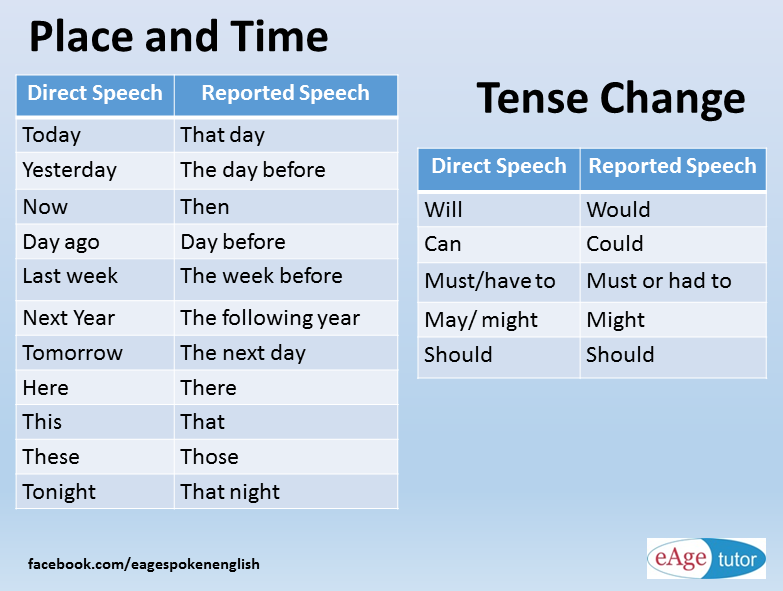
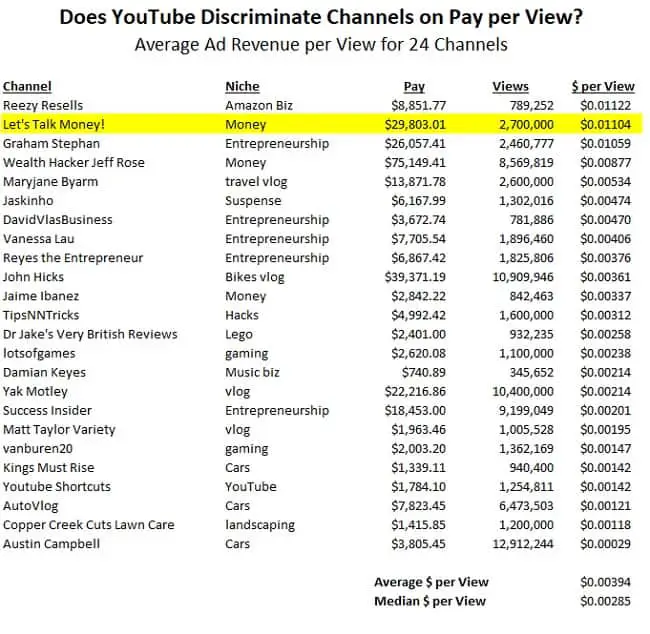
 Petersburg. Veterans of labor in St. Petersburg receive 1,028 RUR every month.0003
Petersburg. Veterans of labor in St. Petersburg receive 1,028 RUR every month.0003

Examples of benefits for labor veterans in some regions
Benefit Leningrad region Omsk region Primorsky Krai EDV 1028 R 250 R 1079 Р Free travel No, but they sell a social pass for 465 R Yes, 30 trips per month Yes, except minibuses Utility allowance Discount 50% Discount 50% Discount 50%  For example, a person, due to health reasons, cannot often travel somewhere, but he is entitled to free travel. For such cases, there is the possibility of monetization: the veteran refuses benefits, such as free travel, and in return receives a monthly payment. For example, if a labor veteran of Moscow refuses the benefits for free travel around the city, he will receive compensation of 435 R, and if he refuses to travel by suburban railways, he will additionally receive 217 R.
For example, a person, due to health reasons, cannot often travel somewhere, but he is entitled to free travel. For such cases, there is the possibility of monetization: the veteran refuses benefits, such as free travel, and in return receives a monthly payment. For example, if a labor veteran of Moscow refuses the benefits for free travel around the city, he will receive compensation of 435 R, and if he refuses to travel by suburban railways, he will additionally receive 217 R. Conditions for obtaining
 The amount of experience depends on additional conditions. nine0003
The amount of experience depends on additional conditions. nine0003 Variants of requirements for length of service
Condition Required experience A person has state awards: orders or medals of the USSR or the Russian Federation; honorary titles of the USSR or the Russian Federation; certificates of honor or thanks from the President of the Russian Federation At least 25 years for men and 20 years for women The person has departmental awards At least 25 years for men and 20 years for women, 15 of which in the relevant industry award The person does not have any awards, but started working as a minor during the Great Patriotic War At least 40 years for men and 35 years for women  For example, for law enforcement officers it is 20 years. If they served in the Far North or in areas equivalent to it, then less than
For example, for law enforcement officers it is 20 years. If they served in the Far North or in areas equivalent to it, then less than 
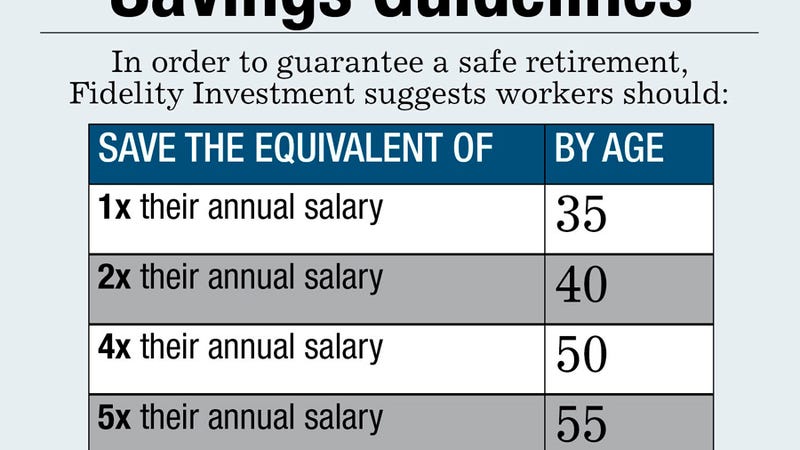 This gave me the right to receive the title of labor veteran. nine0003
This gave me the right to receive the title of labor veteran. nine0003 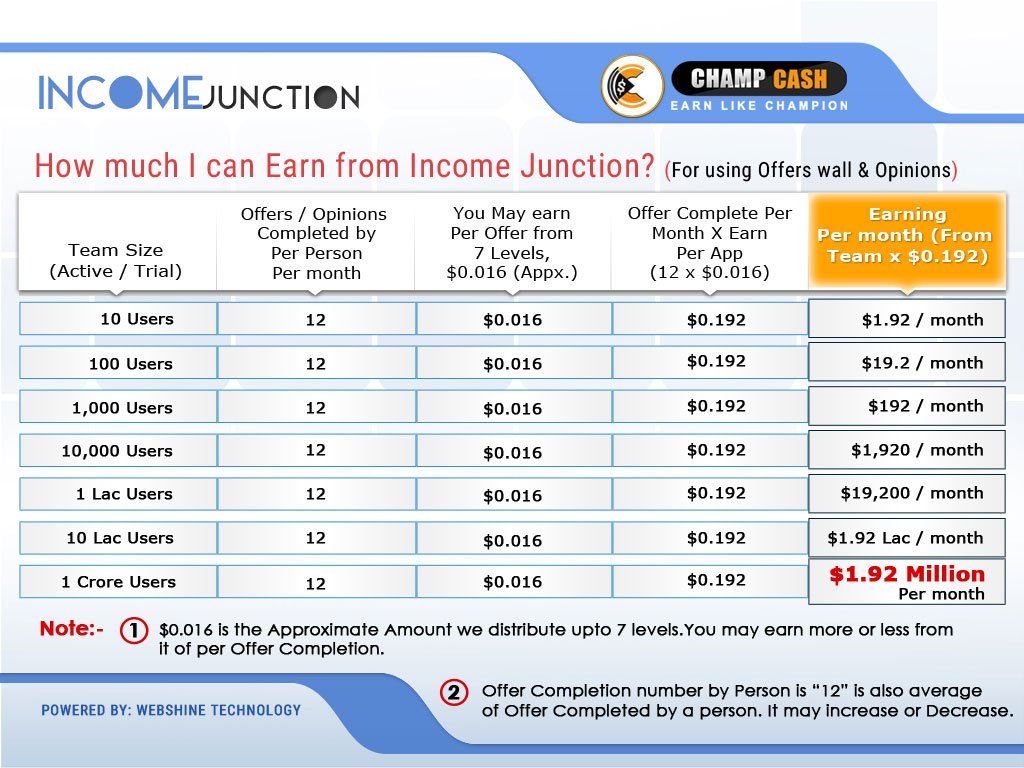 Witnesses must be interviewed by employees of the pension fund and an appropriate protocol drawn up. If both witnesses confirmed the work experience, it will be credited. nine0003
Witnesses must be interviewed by employees of the pension fund and an appropriate protocol drawn up. If both witnesses confirmed the work experience, it will be credited. nine0003 Required documents


Procedure for obtaining a title


 In Moscow, the decision is made within 10 days after receiving the documents, in the Bryansk region - 15 days, and in the Republic of Tuva, where I submitted the documents, it took 30 days to make a decision.
In Moscow, the decision is made within 10 days after receiving the documents, in the Bryansk region - 15 days, and in the Republic of Tuva, where I submitted the documents, it took 30 days to make a decision. Features of obtaining a title for certain categories of citizens
 For police officers, the length of service giving the right to retire is 20 years. But I served in an area equivalent to the Far North, and the length of service for the right to retire was considered to me on a preferential basis - 1 calendar year for one and a half. Thus, after serving 17 years, I received the right to retire. After leaving, I received a departmental pension certificate. nine0003
For police officers, the length of service giving the right to retire is 20 years. But I served in an area equivalent to the Far North, and the length of service for the right to retire was considered to me on a preferential basis - 1 calendar year for one and a half. Thus, after serving 17 years, I received the right to retire. After leaving, I received a departmental pension certificate. nine0003  But they have their own list of awards. It was approved by order of the Ministry of Education and Science of the Russian Federation No. 1223.
But they have their own list of awards. It was approved by order of the Ministry of Education and Science of the Russian Federation No. 1223. 
Why they can refuse
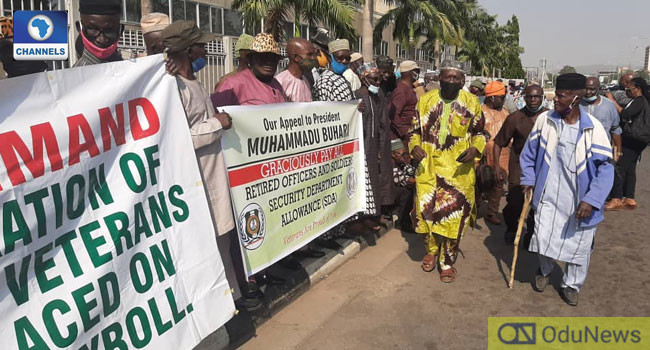
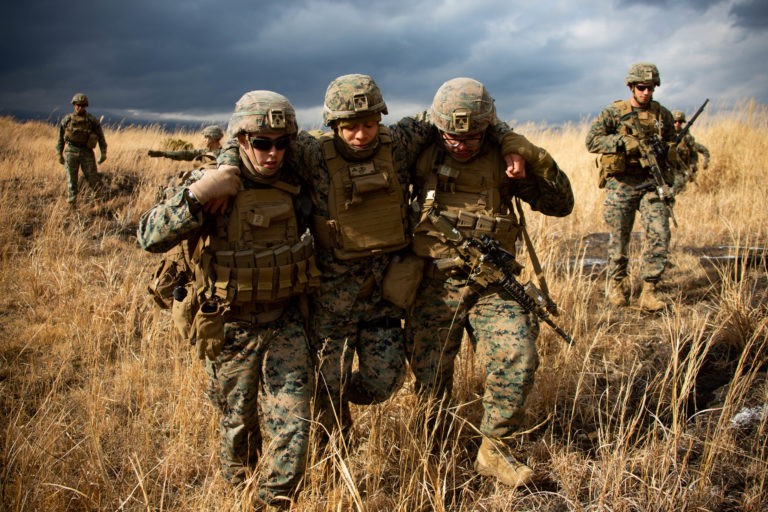 " nine0024
" nine0024 
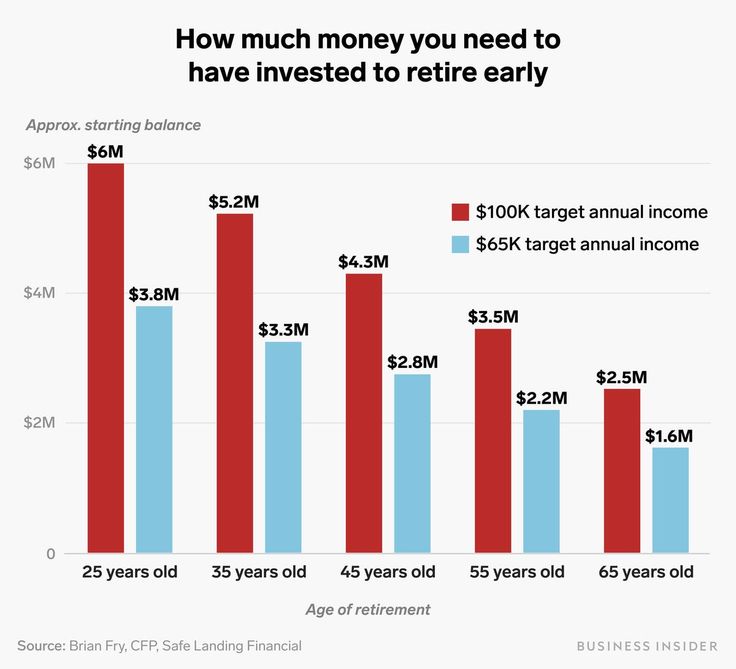 nine0003
nine0003 What to do if the certificate "Veteran of Labour" is lost
 The form of such a statement is not established by law, usually it indicates:
The form of such a statement is not established by law, usually it indicates:
Monthly cash payment to labor veterans of the Sverdlovsk region
Monthly cash payment 
